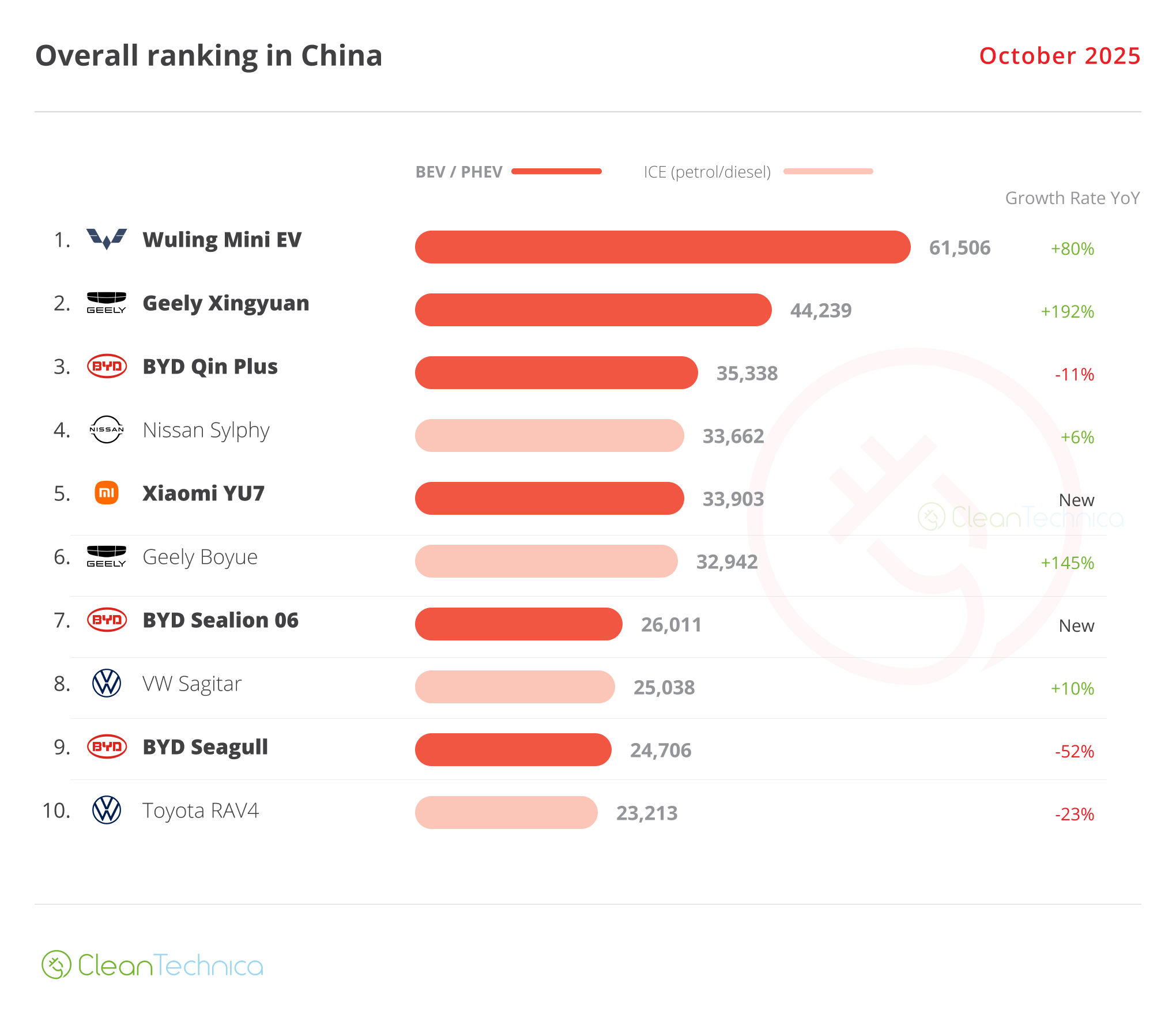U.S. dollar – we’re coming for you!
That’s the message ahead of the upcoming BRICS summit set to kick off in Kazan, Russia, next week.
The Russian finance ministry and the Central Bank of Russia distributed a document to the media ahead of the meeting outlining topics on the agenda. On top of the list — a new global payment system to end dollar dominance.
An Alternative to the Weaponized SWIFT System
According to Reuters, commercial banks would be linked together through the BRICS nations’ central banks using a blockchain-based system.
“The system would use blockchain technology to store and transfer digital tokens backed by national currencies. This, in turn, would then allow those currencies to be easily and securely exchanged, bypassing the need for dollar transactions.”
Western nations have tried to economically isolate Russia in the wake of its invasion of Ukraine. The U.S. and its allies have locked Russia out of the dollar-based SWIFT payment system, so it’s no surprise that the Russians are pushing for alternatives. As Reuters notes, the economic sanctions even impact Russian trade settlements with friendly countries such as China due to local bank worries that they could get hit with secondary sanctions by the U.S.
SWIFT serves as the global economy’s superhighway. In effect, it operates as a global financial messaging service, facilitating cross-border payments. As the SWIFT website puts it, “SWIFT is the way the world moves value.”
Since the dollar serves as the world reserve currency, SWIFT effectively facilitates an international dollar system.
Kremlin aide Yury Ushakov floated the plan to develop a new payment system based on the blockchain last spring. At the time, Ushakov said the system should be convenient for governments, businesses, and common people to use, “as well as cost-effective and free of politics.“
And significantly, it would operate without dollars.
“Work will continue to develop the Contingent Reserve Arrangement, primarily regarding the use of currencies different from the U.S. dollar.”
The weaponization of the dollar and using SWIFT as a hammer isn’t just a problem for Russia. While it may make sense from a Western foreign policy perspective, it has made a lot of countries wary and has sped up the movement to minimize dependence on the greenback. After all, if you have something that can be used as leverage against you, it’s only natural to try to minimize your exposure to that thing. If the U.S. can pull the dollar rug out from under you, why not try to get that rug out of the room?
Pushing the Dollar Off Its Perch Won’t Be Easy
Nevertheless, the dollar is deeply entrenched in the global economy, and Russia faces an uphill battle to knock it off its throne.
BRICS+ Analytics think tank founder Yaroslav Lissovolik told Reuters that an alternative payment system is undoubtedly feasible, but it will likely take time to develop.
“After the significant expansion of BRICS membership last year, the attainment of consensus is arguably harder.”
BRICS is an economic cooperation bloc originally made up of Brazil, Russia, India, China, and South Africa. As of Jan. 1, 2024, the bloc expanded to include Egypt, the UAE, Iran, and Ethiopia. Saudi Arabia has also been formally invited to join but has yet to formally accept the invitation. It will reportedly send representatives to the summit.
More than 40 other nations, including Turkey, have expressed interest in BRICS membership.
The expanded BRICS has a combined population of about 3.5 billion people. The economies of the BRICS nations are worth over $28.5 trillion and make up roughly 28 percent of the global economy. BRICS nations also account for about 42 percent of global crude oil output.
Other BRICS Proposals
The pre-summit document also criticized the International Monetary Fund (IMF), accusing it of serving the interests of Western countries. The document said the IMF needs to make “improvements to better serve the evolving global economy.”
Russian Finance Minister Anton Siluanov recently called on BRICS to create an alternative to the IMF.
“The IMF and the World Bank are not performing their roles. They are not working in the interests of BRICS countries. It is necessary to form new conditions or even new institutions, similar to the Bretton Woods institutions, but within the framework of our community, within the framework of BRICS.”
Other proposals on the agenda for the BRICS summit next week include the development of a “BRICS Clear” platform to settle securities trades, better communication between credit rating agencies in member countries, a uniform credit rating methodology, and a BRICS grain trading exchange.
The grain exchange would create an alternative to Western exchanges that set international prices for agricultural economies.
Last month, the Russian news agency TASS reported that BRICS officials are “developing a wide range of instruments for creating an inclusive international financial system.”
These instruments include a common unit of account (a currency), a platform for international payments using a BRICS digital currency, a payment system, a settlement depository, an insurance system, and a BRICS rating alliance.
The common unit of account would be pegged by 40 percent to the price of gold. The other 60 percent would be pegged to a basket of BRICS currencies.
Ramifications for the Dollar
These new systems will be difficult to develop and wouldn’t likely threaten dollar dominance in the immediate future. But it does signal an increasingly multi-polar global financial system where the dollar is no longer the only rooster in the hen house.
In fact, dollar dominance is already eroding. Dollar reserves globally have dropped by 14 percent since 2002, and de-dollarization accelerated after the U.S. and her Western allies aggressively sanctioned Russia.
The Atlantic Council identifies the rise of BRICS as a threat to long-term dollar dominance.
“The project identifies the BRICS as a potential challenge to the dollar’s status due to the individual members’ signal of intent to trade more in national currencies and the BRICS’ growing share of global GDP.”
This isn’t just about a geopolitical power play. Any erosion of the dollar’s status could have significant economic ramifications for the average American.
Because the global financial system runs on dollars, the world needs a lot of them, and the United States depends on this global demand to underpin its bloated government. The only reason the U.S. can borrow, spend, and run massive budget deficits to the extent that it does is the dollar’s role as the world reserve currency. It creates a built-in global demand for dollars and dollar-denominated assets. This absorbs the Federal Reserve’s money creation and helps maintain dollar strength despite the Federal Reserve’s inflationary policies.
But what happens if that demand drops? What happens if BRICS nations and other countries don’t need as many dollars?
A de-dollarization of the world economy would cause a dollar glut. The value of the U.S. currency would further depreciate. At the extreme, global de-dollarization could spark a currency crisis. You and I would feel the impact through more price inflation eating away at the purchasing power of the dollar. In the worst-case scenario, it could lead to hyperinflation.
The world doesn’t have to completely abandon the dollar to create negative impacts. Even a modest drop in the demand for dollars will ripple through the U.S. economy.
**********




